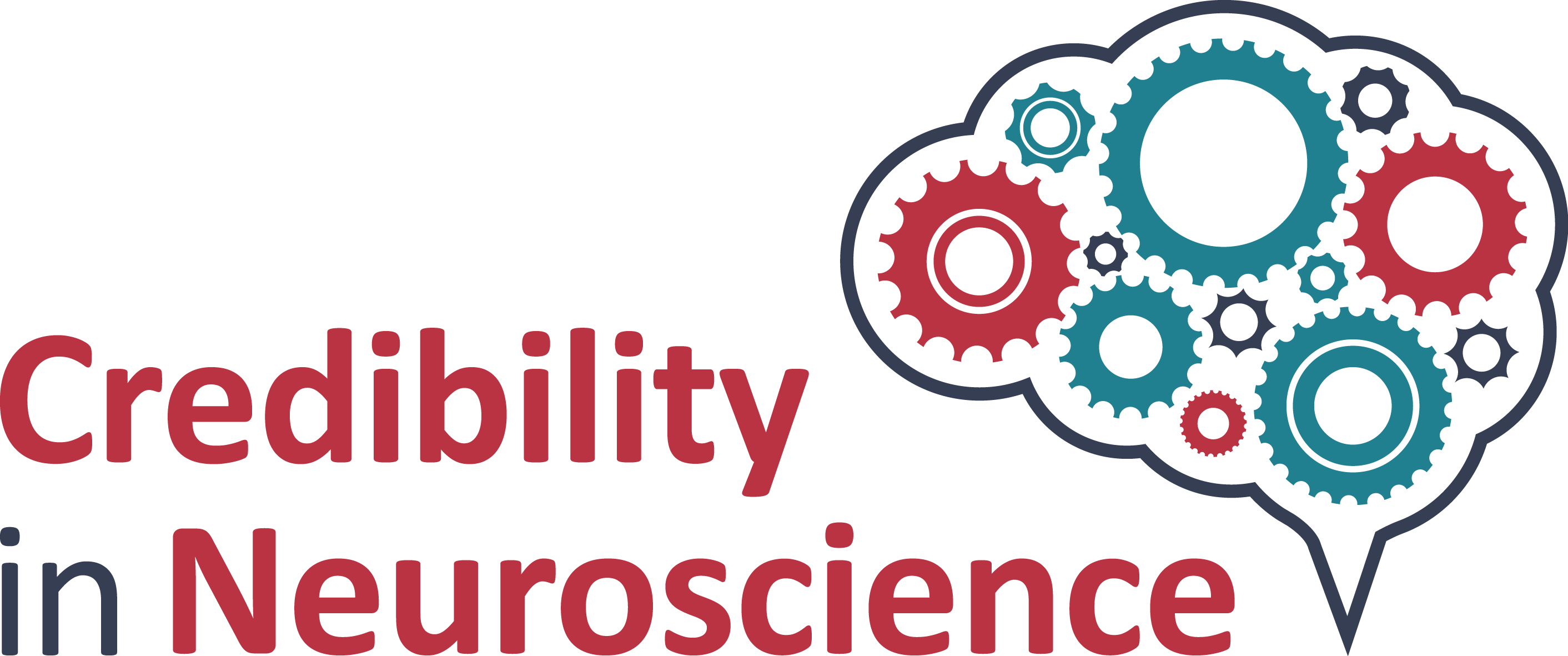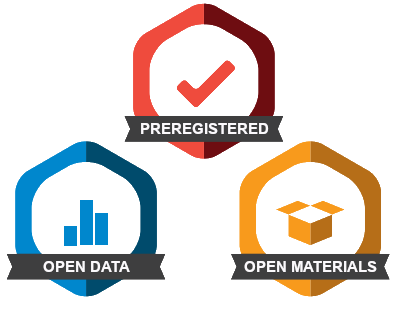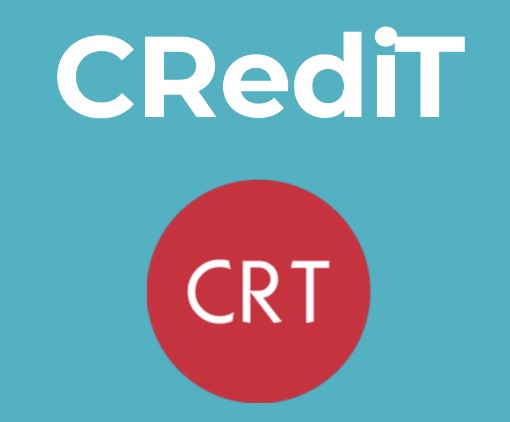BNA Annual General Meeting 2025
1st April 2025
A society-owned journal at the forefront of open science and credibility publishing practices.
Click here to read all the latest articles and browse special collections for free, published online at this Gold Open Access journal.
BNA members receive 50% discount on APCs - just £562.50 +VAT - or you can even publish for FREE. Click for more information.
Read about the credibility publishing practices adopted by and available at Brain and Neuroscience Advances.
Co-Editors-in-Chief Jeff Dalley and Kate Baker lead a diverse and international Board of Editors covering all areas of neuroscience.
The journal welcomes submissions of original research papers and reviews from all fields and disciplines of neuroscience.
Sign up for new content alerts and news about the journal. You can manage the frequency of emails so you just get the content you want.
Brain and Neuroscience Advances is society-owned journal at the forefront of fully open-access publishing. The journal's mission is to promote, on a multidisciplinary basis, the study of the development, structure and function of the neurosciences in health and disease.
Brain and Neuroscience Advances publishes original research papers and reviews from all fields and disciplines of neuroscience, including molecular, cellular, systems, behavioural, and cognitive investigations.
The journal welcomes submissions in basic, translational and/or clinical neuroscience. Research papers should present novel, empirical results that are expected to be of interest to a broad spectrum of neuroscientists working in the laboratory, field or clinic.
We're delighted to that, as of March 2020, Brain and Neuroscience Advances is indexed in PubMed Central. This means all articles published in the journal are listed on databases such as PubMed and instantly accessible by the global science community.
*Working days
Contents |
 In 2019 the BNA launched its 'Credibility in Neuroscience' campaign, with the core mission to ensure that neuroscience research is as robust, reliable, replicable, and reproducible as possible; in short, to ensure the credibility of neuroscience.
In 2019 the BNA launched its 'Credibility in Neuroscience' campaign, with the core mission to ensure that neuroscience research is as robust, reliable, replicable, and reproducible as possible; in short, to ensure the credibility of neuroscience.
See more about the campaign at www.bnacredibility.org.
With publishing so influential to how research is done, the BNA Journal plays a key role in the campaign, providing a way for neuroscientists to adopt credibility publishing practices. Such practices available at Brain and Neuroscience Advances include the following:
TOP Guidelines are eight modular standards that journals can implement to increase the transparency of the research they publish. We are part of a growing number of neuroscience journals (including European Journal of Neuroscience, Nature Human Behavior, Journal of Neurochemistry) that are implementing TOP standards (e.g., open data and material sharing, publication of replication studies).
 Open Science Badges
Open Science BadgesWe strongly urge all authors to share their data, materials and analysis code, and to preregister their work. In acknowledgement, we award open science badges. Example of a neuroscience publication that has been awarded open science badges for open materials and open data: J Neurochem, 2019. Metabolic constraints of swelling-activated glutamate release in astrocytes and their implication for ischemic tissue damage. *Open Materials* and *Open Data*
 To recognise and acknowledge the diversity of author contributions, each research article at our journal must include a contributions section listing the specific roles of everyone involved. To help reporting this important information, we recommend the CRediT taxonomy. See an example of an article that uses CRediT taxonomy at Brain and Neuroscience Advances: Mapping the impact of exposure to maternal immune activation on juvenile Wistar rat brain macro- and microstructure during early post-natal development (2019).
To recognise and acknowledge the diversity of author contributions, each research article at our journal must include a contributions section listing the specific roles of everyone involved. To help reporting this important information, we recommend the CRediT taxonomy. See an example of an article that uses CRediT taxonomy at Brain and Neuroscience Advances: Mapping the impact of exposure to maternal immune activation on juvenile Wistar rat brain macro- and microstructure during early post-natal development (2019).
We have introduced the Registered Report format, that aims to improve the reproducibility and replicability of research. Unlike traditional articles, Registered Reports are accepted for publication at the study design stage, prior to work being carried out. This means we will publish your work irrelevant of the outcome. Registered Reports are also awarded a preregistration open science badge. Example of a Registered Report at Brain and Neuroscience Advances: Effect of apolipoprotein E polymorphism on cognition and brain in the Cambridge Centre for Ageing and Neuroscience cohort.(2020)
To strengthen our Registered Reports offering for authors, we have joined the PCI RR initiative, which is dedicated to receiving, reviewing, and recommending Registered Reports across the full spectrum of STEM, medicine, the social sciences and humanities. This links the journal to a peer review community specialising in rigorous review of Registered Reports, while benefiting authors by providing them with flexibility of deciding which of the PCI RR friendly journals to publish in.
receiving, reviewing, and recommending Registered Reports across the full spectrum of STEM, medicine, the social sciences and humanities. This links the journal to a peer review community specialising in rigorous review of Registered Reports, while benefiting authors by providing them with flexibility of deciding which of the PCI RR friendly journals to publish in.
We also welcome the submission of preregistered work, for instance, using the OSF. For this we will award a preregistration open science badge. Example of an article that was preregistered on a repository before publication in a journal: Neuropsychologia, 2019. For a minute there, I lost myself … dosage dependent increases in mind wandering via prefrontal tDCS.
Have you conducted a robust study, but your results prove (instead of reject) the null hypothesis? Don’t worry: at Brain and Neuroscience Advances, we publish null results. Example of an article that publishes null results: PLOS ONE, 2018. Can a single pulse transcranial magnetic stimulation targeted to the motor cortex interrupt pain processing?
 Jeffrey W. Dalley is a Professor of Behavioural Neuroscience in the Departments of Psychology and Psychiatry at the University of Cambridge. He is also a Professorial Fellow and Director of Studies in Neuroscience and Psychology at St Catharine’s College in Cambridge, and an executive member of the Cambridge MRC/Wellcome Trust Behavioural and Clinical Neuroscience Institute (BCNI).
Jeffrey W. Dalley is a Professor of Behavioural Neuroscience in the Departments of Psychology and Psychiatry at the University of Cambridge. He is also a Professorial Fellow and Director of Studies in Neuroscience and Psychology at St Catharine’s College in Cambridge, and an executive member of the Cambridge MRC/Wellcome Trust Behavioural and Clinical Neuroscience Institute (BCNI).
Jeff is an alumnus of Otago University, New Zealand (Pharmacy: 1983-1986) and University College London (Ph.D: 1989-1992) with research interests spanning behavioural neuroscience, psychopharmacology, brain imaging, and neural vulnerability mechanisms in addiction.
Dr Kate Baker is a Programme Leader Track at the MRC Cognition and Brain Sciences Unit, University of Cambrid ge, where she leads the Genomic Disorders and Cognitive Development programme. She is also an Honorary Consultant in Clinical Genetics at Cambridge University Hospital, and an affiliate PI of the Academic Department of Medical Genetics. Prior to this she completed her medical and research training at Oxford, UCL and Cambridge.
ge, where she leads the Genomic Disorders and Cognitive Development programme. She is also an Honorary Consultant in Clinical Genetics at Cambridge University Hospital, and an affiliate PI of the Academic Department of Medical Genetics. Prior to this she completed her medical and research training at Oxford, UCL and Cambridge.
Kate also currently serves on the Epilepsy Research UK and Cerebra Scientific Advisory Committees, the Cambrige NIHR BioResource's Scientific Advisory Board, and the International Rare Diseases Research Consortium.
Dr James Ainge, University of St Andrews, UK
Professor David Bannerman, University of Oxford, UK
Professor Rebecca Elliot, University of Manchester, UK
Professor Sarah Guthrie, Sussex University, UK
Associate Professor Jess Nithianantharajah, University of Melbourne, Australia
Professor Paul Phillips, University of Washington, US
Professor Clifton Ragsdale, Chicago University, USA
Professor Narender Ramnani, Royal Holloway University of London, UK
Professor Linda J. Richards, The University of Washington, USA
Dr Guillaume Rousselet, University of Glasgow, UK - Registered Reports Editor
Dr Peter Rudebeck, Mount Sinai School of Medicine, US
Professor Clea Warburton, University of Bristol, UK
The standard Article Processing Charge is currently £1,200 + VAT. However, BNA members will receive 50% discount on this fee – just £600 + VAT. (To be eligible for the member discount, the first/corresponding or last author needs to be a BNA member).
However, if you are affiliated with one of the many institutions with Open Access Prepaid Accounts with Sage, the publisher of Brain and Neuroscience Advances, you may be able to recover the full cost of the APC and not pay anything at all.
Find out if you are eligible by reviewing the list of OAPAs here, and contacting your university librarian or open access coordinator to retrieve your institution's Open Access Prepaid Account Code for Sage.
More information on Open Access Agreements with Sage can be found here.
For librarians: To arrange an Open Access Prepaid Account with Sage, please email openaccess@sagepub.co.uk